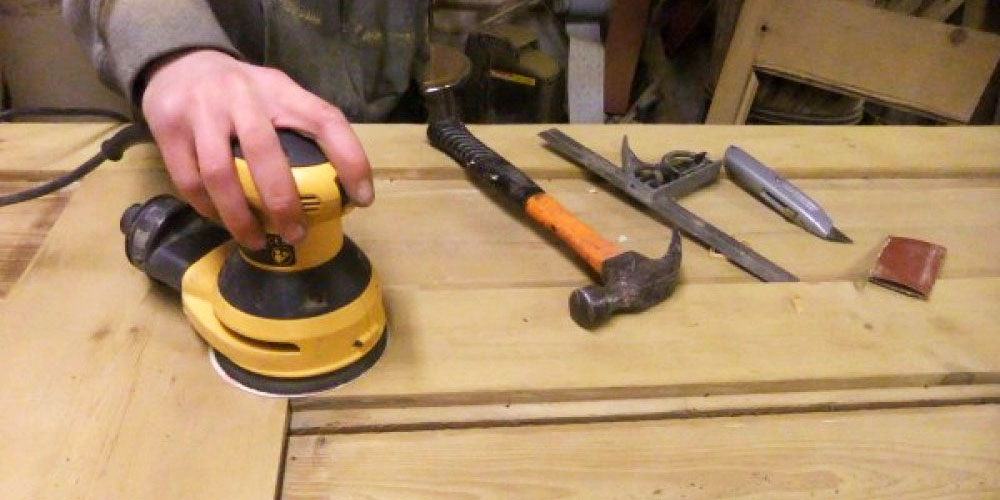Guides
Care & Maintenance Advice For Wooden Doors
How To Maintain Your Wooden Doors
Here you can read our professional care and maintenance advice for wooden doors. Keep your wooden doors looking well presented and preserve their life expectancy.
General Door Care and Maintenance
Keeping your wooden front doors beautifully presented with sparkling clean glass and hand polished door furniture will instantly enhance your homes appeal.
Wood is a natural material and has to be maintained and protected to help keep it in good condition. Timber is a durable material that offers natural beauty and with a little maintenance can out last other man made alternatives.
Once a month we advise that you dust down the door and frame. You should then wipe of any residue with a damp cloth.
Once every six months we would advise brushing the mechanical threshold fixed to the cill clean to remove any stones or grit. You should then wipe down with a damp cloth and soapy water.
Door Protection & Finishing
Our bespoke doors are supplied in their raw (unpainted) state. They must be sealed, knotted, primed or lacquered as soon as possible after delivery. This sealing must be applied to all six surfaces, front/back face and all four edges.
- The primer is applied for transit purposes only and is not a final or waterproof coat.
- To obtain the best finish, any door – either raw or primed – will require normal surface preparation (light sanding/de-nibbing etc) prior to the application of further coats. Never use wire wool on oak doors. Beading mitres which may have dried back can be filled with decorator’s caulk.
- It is imperative that further coats of high quality finish be applied to manufacturer’s guidelines before the door is exposed to the elements and that this coating be maintained for the installed life of the door. This is particularly important in respect of the tops and bottoms of the door stiles where the grain is exposed. Failure to do this will lead to moisture ingress and swelling/warping.
- Painted doors should receive a minimum of 2 undercoats and 3 gloss coats.
- Edges of doors and other surfaces which have been cut must be sealed, particularly when exposing the end grain. This also applies to apertures caused when letting in hinges, locks, letter-places etc.
The door must be coated equally on all faces to allow a balanced movement of moisture. - We do not recommend the use of water based paints or polyurethane varnishes.
- Dark paint colours should be avoided on doors which are subject to direct sunlight.
Door Storage Advice
- Doors should only be delivered to site immediately prior to fixing.
- Where doors are to be stored for more than 2 weeks, they must be adequately sealed.
- Timber reacts to major fluctuations in temperature and moisture. Precautions must be taken to prevent this.
- The storage area should be well ventilated and not recently plastered.
- Doors should not be stored against external walls.
- Moisture content of timber doors should be kept even during storage and installation.
- Doors must not be stored in any part of a building where screeding, plastering or other wet trades are taking place, or are yet to take place. All completed wet work must be completly dried out.
- Extra care should be taken in centrally heated and air conditioned buildings.
Door Handling and Stacking
- Store doors perfectly flat on level supports the full width of the door.
- One support must be laid across the centre and two others 300mm from each end.
- Bottom supports should be covered with cardboard and/or padding to prevent market to the door.
Door Fitting Advice
When ordering a glazed door (i.e stained glass panels or acid etched panel etc) the door has been fitted with sealants and putty on the outside. This is to protect it from weather.
If the door is fitted the wrong way round it will not be protected and the guarantee will become void. Please make sure it is fitted the correct way round upon installation.
Door Installation
- We strongly advise that no works be carried out or installers booked prior to the delivery and inspection of your goods.
- Glass must be unpacked by the customer within 24 hours of delivery. Inspection must take place prior to installation.
- If trimming doors, equal amounts of material should always be removed from each edge.
- Avoid the fitting of locks at rail joints.
- Doors must not be fitted to buildings where screeding, plastering or other wet trades are taking place, or are yet to take place. All completed wet work must be completely dried out.
- Low Modulus Neutral curing (LMN) silicone, compatible with edge sealants fro double glazed units, must be used for double glazed, leaded or encapsulated glass.
- Weatherbars are not fitted as standard but are essential for unsheltered installations to comply with guarantee conditions. They can be supplied on request.
Wood is a natural product and minor swelling or shrinking is not a defect but a normal characteristic of the material. This may occur due to variations in climate and atmospheric conditions such as temperature and humidity. Adherence to the above points will help minimise these effects.
We hope this guide has helped you keep your door safe and properly cared for. Please get in touch if you have any questions or need additional maintenance advice.
